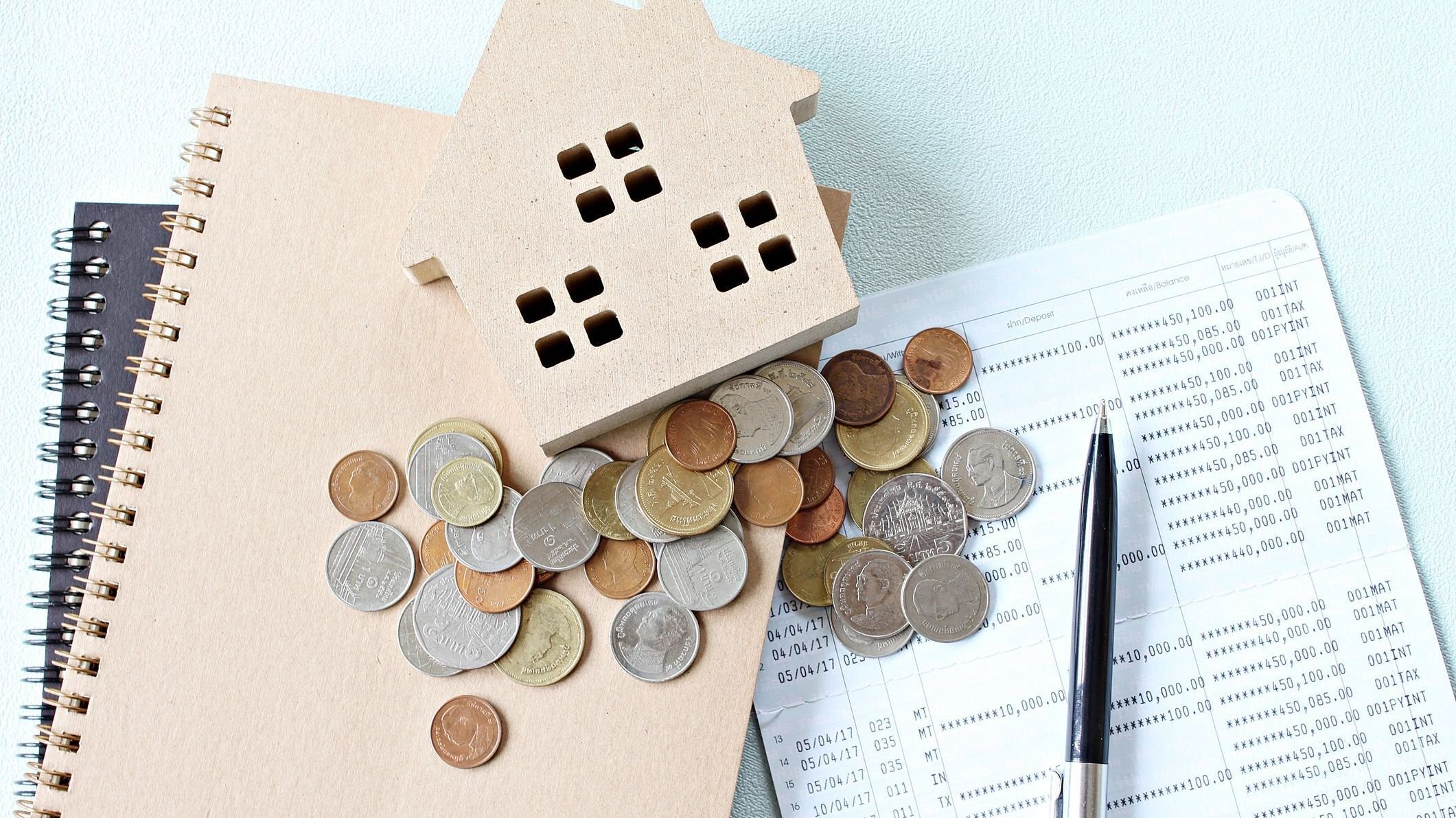How Does a 1031 Exchange Work for Commercial Real Estate?

As you investigate ways to manage tax liability in commercial real estate investing, you’ve encountered 1031 Exchanges and their promise to defer capital gains taxes. This delay in liability offers various benefits, like preserving equity as you restructure your portfolio.
Are There Any Specific Rules for 1031 Exchanges on Commercial Properties?

A 1031 Exchange allows you to swap two or more real estate assets while preserving your capital, making it appealing among many commercial property investors. For those who are about to undergo an exchange involving these types of assets, it’s normal to consider whether or not there are specific rules for these properties.
What Are the Benefits of Using a 1031 Exchange for Commercial Property?

Many strategies exist when it comes to commercial real estate transactions, and 1031 Exchanges are among the most promising. Among the many avenues to take, why should a commercial real estate 1031 Exchange be your top choice?
How Does a 1031 Exchange Work in Florida?

Entering a 1031 Exchange is a strategic move for many investors, allowing them to defer capital gains taxes and preserve their wealth for longer. This transaction follows the framework created by Section 1031 of the Revenue Code, which is applied at the federal level. However, each state imposes unique rules, even though they follow IRS regulations.
What Are the Key Rules for a 1031 Exchange in Florida?

Investors who are looking for tax-deferral strategies can potentially rely on 1031 Exchanges, allowing them to preserve their equity while also offering the possibility of passive income and enhanced diversification. While 1031 Exchanges apply tax deferrals at both state and federal levels, each state may have its own rules that you must take into account to ensure that your transaction remains compliant.







